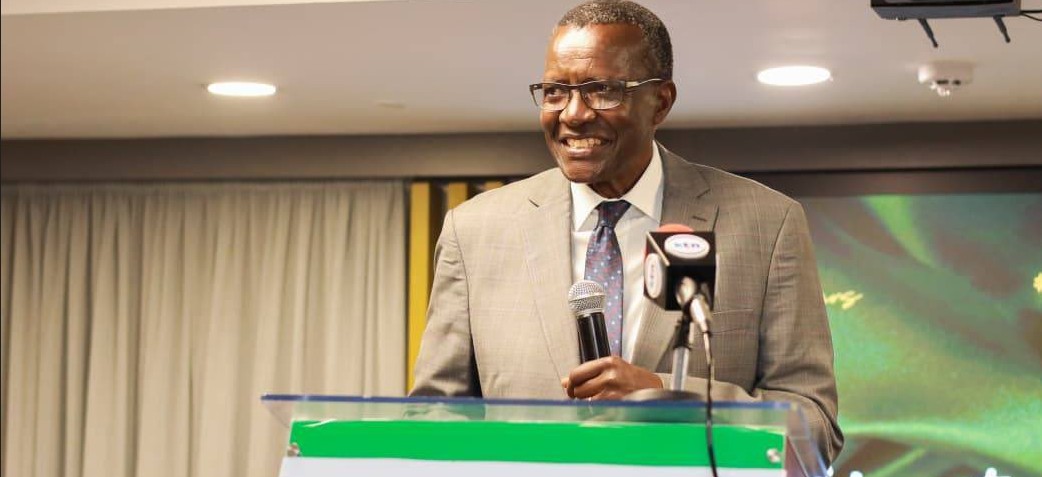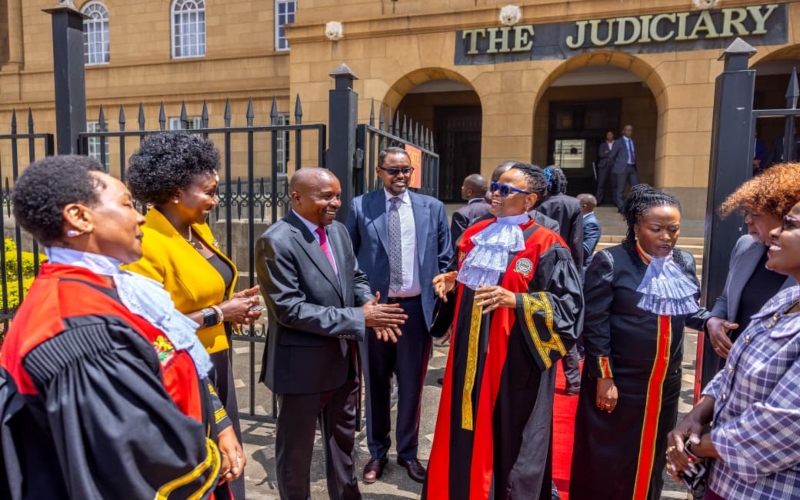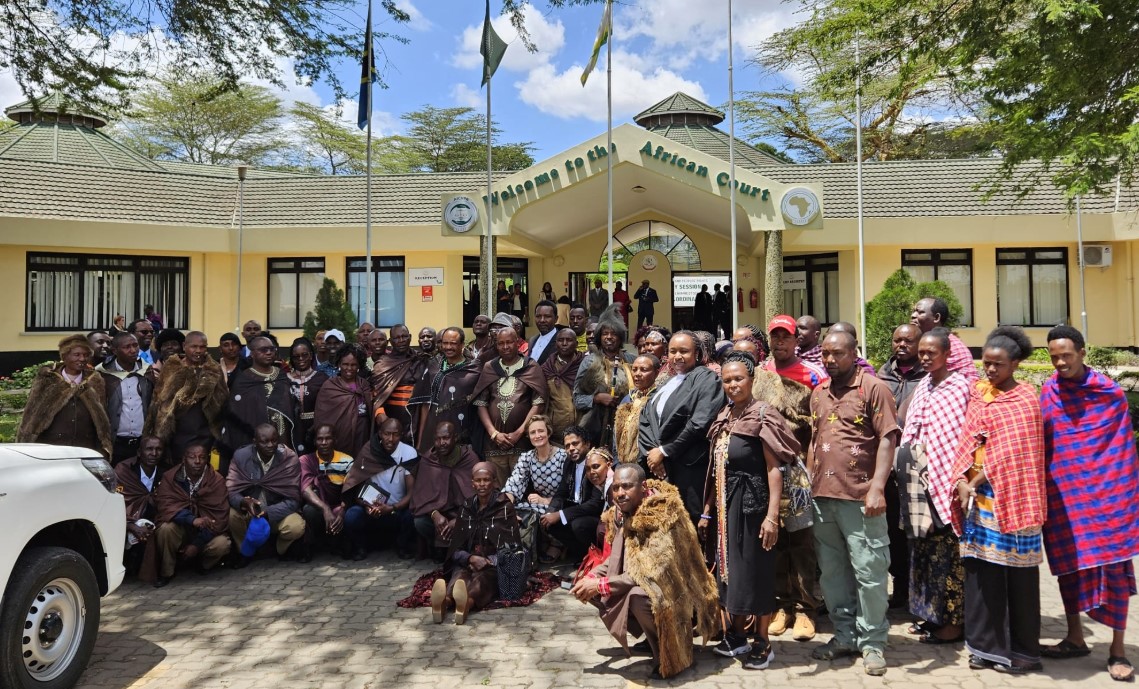New Bill aims to ensure citizen participation in governance processes

If passed, the law will require public entities to involve citizens in decision-making processes, failure to which they risk a Sh300,000 fine or a six-month jail term.
A new law proposed in Parliament seeks to ensure that public entities engage citizens in policy-making, law development, and budgeting processes.
The Public Participation Bill, 2023, sponsored by Turkana West MP Daniel Nanok, aims to promote citizen participation in governance.
More To Read
- Parliament pushes Public Participation Bill to streamline hearings
- Karua accuses section of MPs of manipulating public participation in lawmaking process
- Ex–CJ Maraga blasts Privatisation Bill, calls for transparency and public oversight
- Court nullifies Garissa’s Kamuthe Conservancy registration in landmark land rights ruling
- Senate invites public views on Bill proposing sweeping changes to its powers
- Kenyans invited to submit views on proposed population and development council
If passed, the law will require public entities to involve citizens in decision-making processes, failure to which they risk a Sh300,000 fine or a six-month jail term.
The law will also mandate annual reports on public participation.
“The objective of the Bill is to enhance, promote and facilitate public participation in governance processes and ensure all public processes ranging from policy-making, legislative process and ultimate decision-making involve active participation of the people,” reads part of the Bill.
The Public Participation Bill, 2023, was initially published on September 1, 2023, and subsequently underwent its first reading on October 12, 2023.
Following this, the Bill was referred to the Committee on Parliamentary Broadcasting and Library for further examination and reporting to the House.
Reviewing proposals
The committee is reviewing the proposals and is anticipated to present its report to the National Assembly in due course.
Various stakeholders, including the National Treasury, Office of the Attorney General, State Department for Parliamentary Affairs, National Gender and Equality Commission, Council of Governors, Centre for Economic Governance, and African Women Studies Research Centre, have already submitted their input and opinions on the Bill.
The proposed legislation holds chairs of parliamentary committees, Chief Justice, cabinet secretaries, and county secretaries responsible for ensuring public participation in their respective institutions.
The National Assembly, Senate, and county assemblies will be required to establish guidelines for public participation in their standing orders, making them accessible to the public.
The Bill is currently under review by the Committee on Parliamentary Broadcasting and Library, and its report is expected to be tabled in the National Assembly.
Once enacted, this law will ensure citizens' voices are heard in governance processes, promoting transparency and accountability in public entities.
Top Stories Today










































